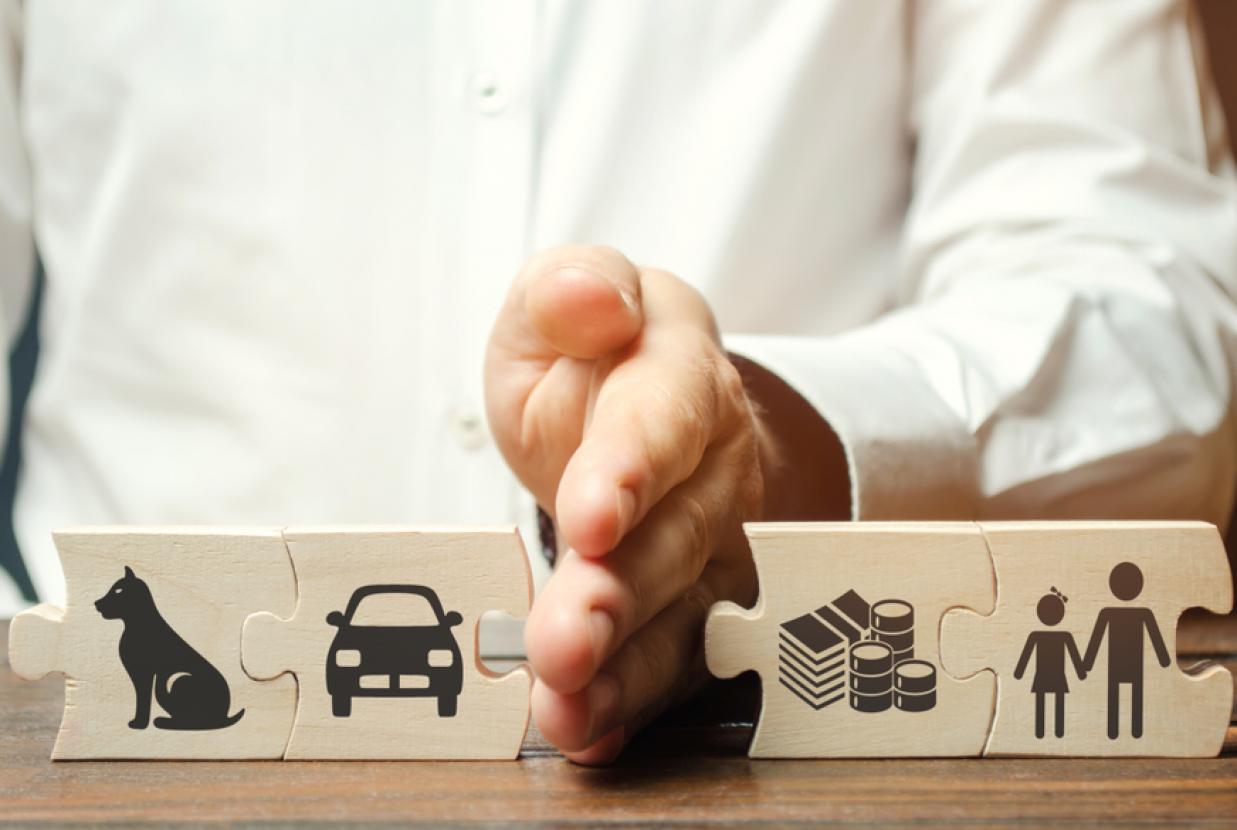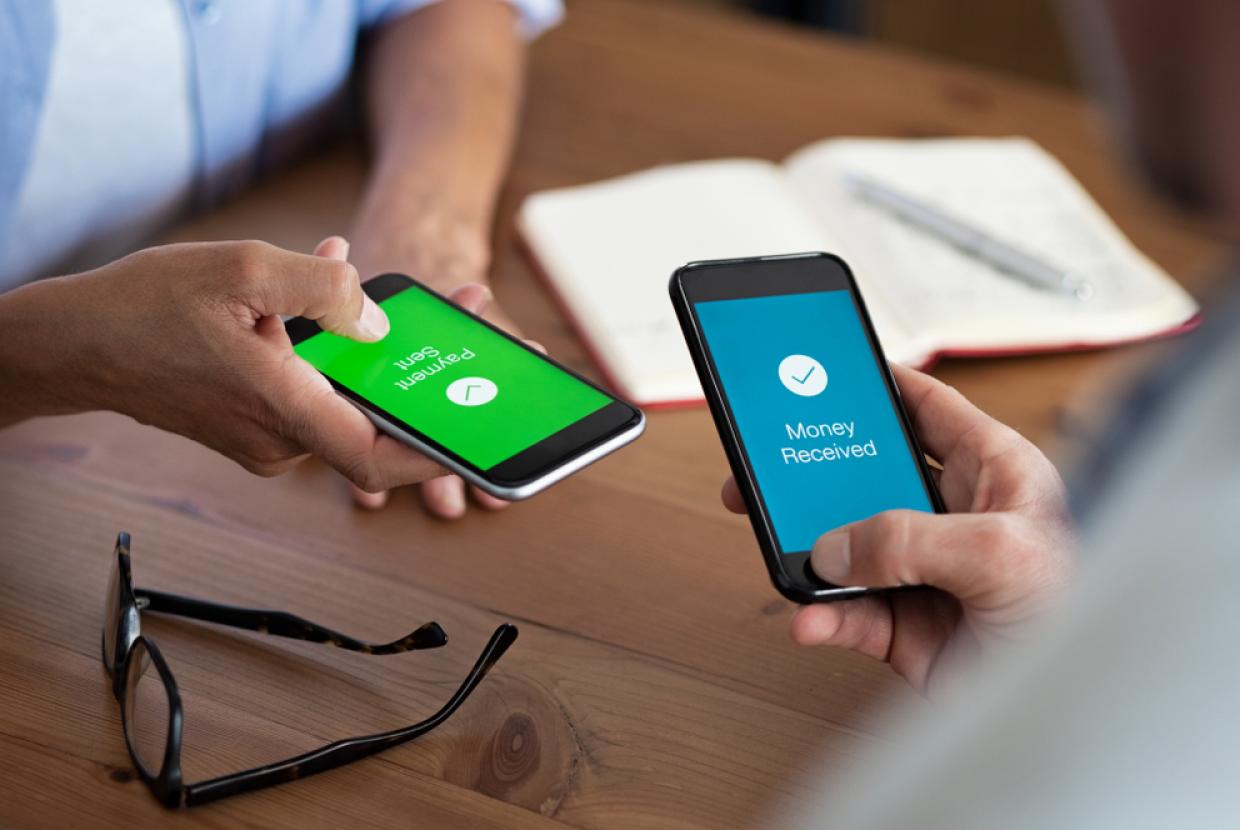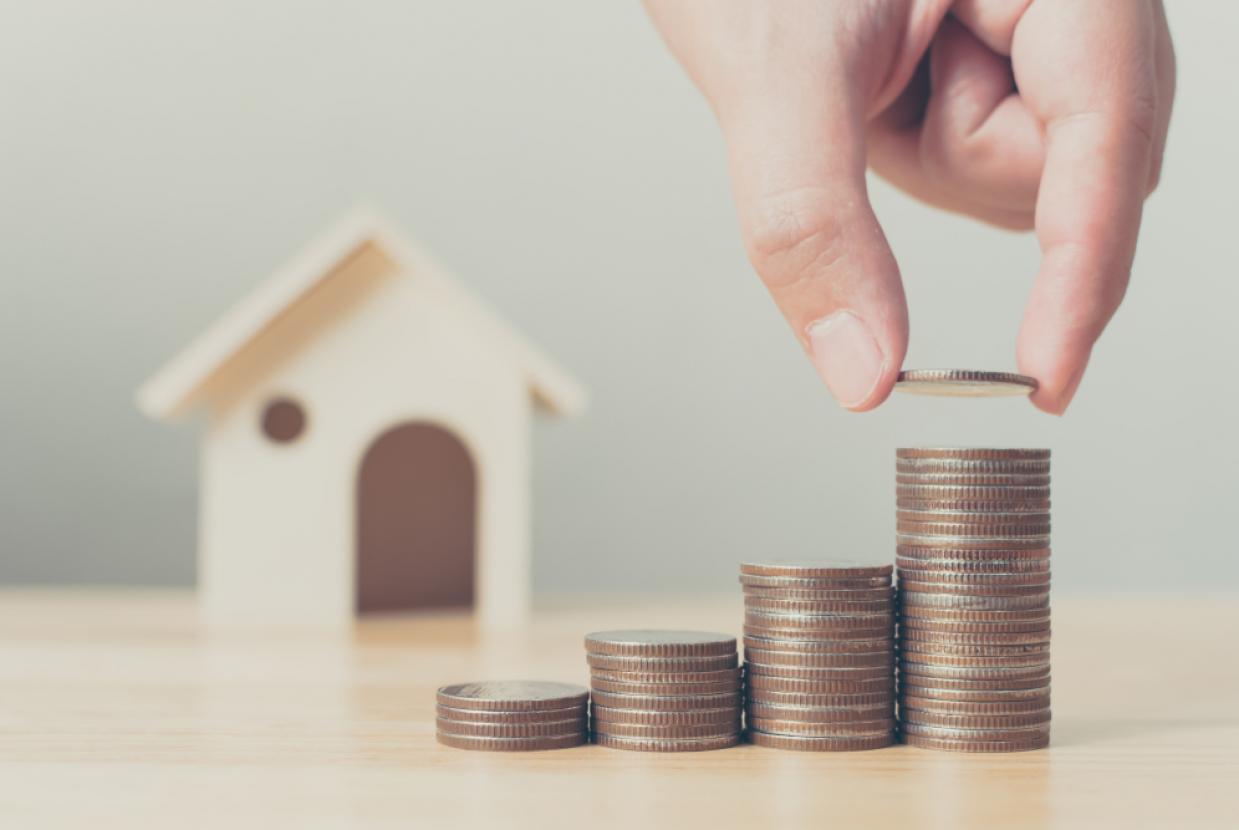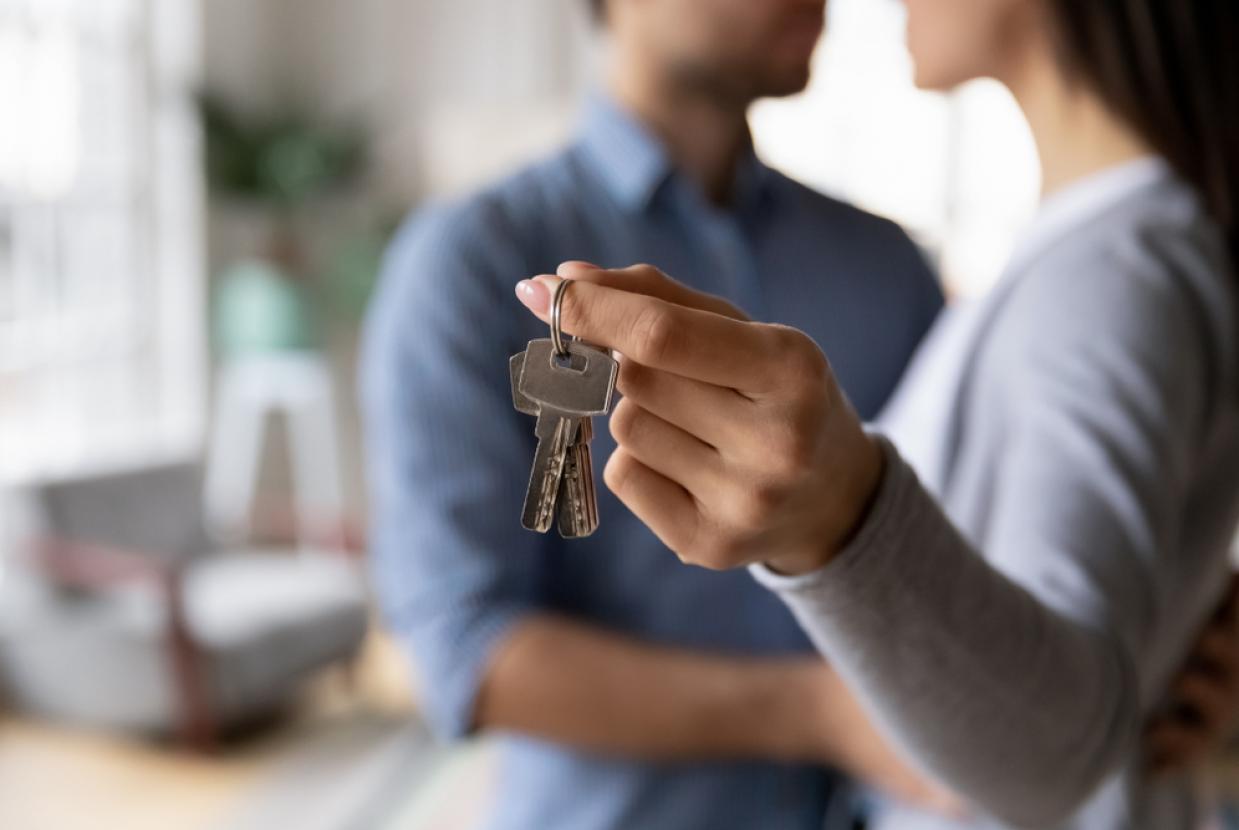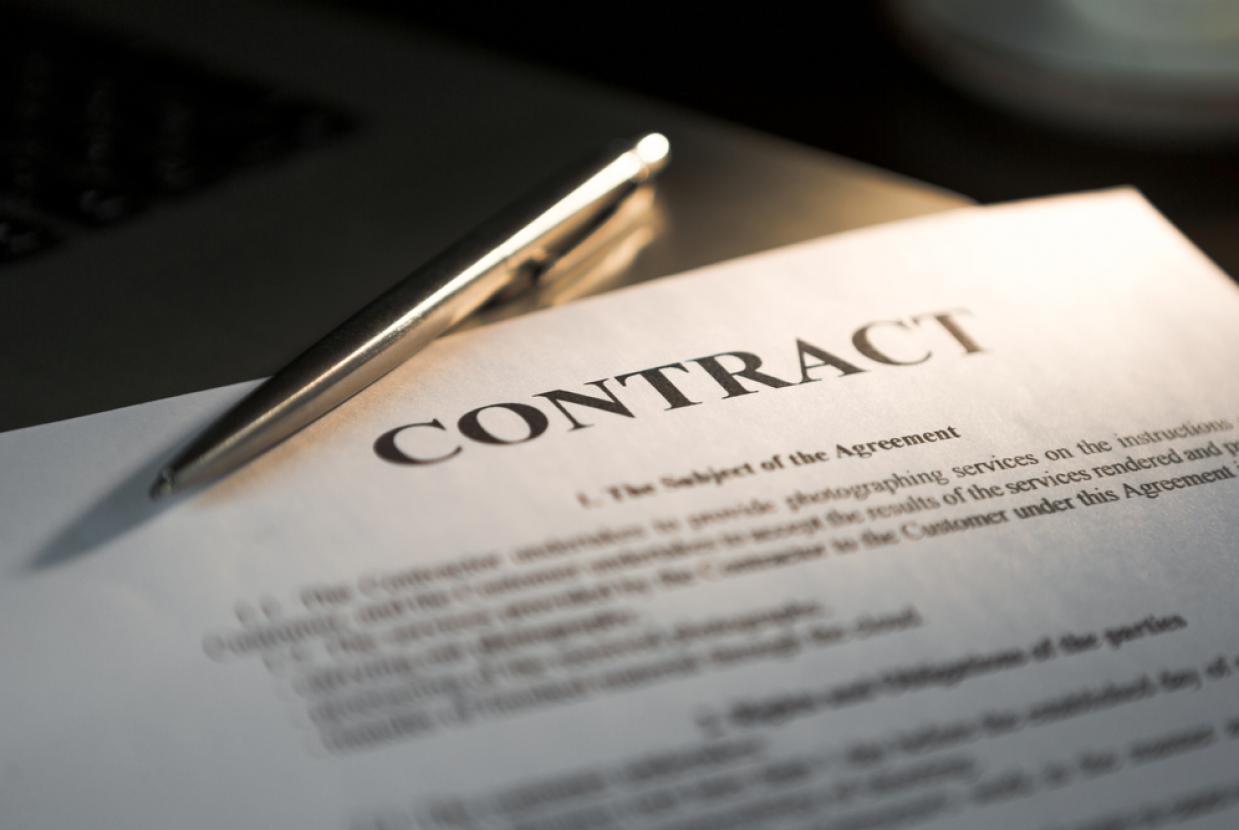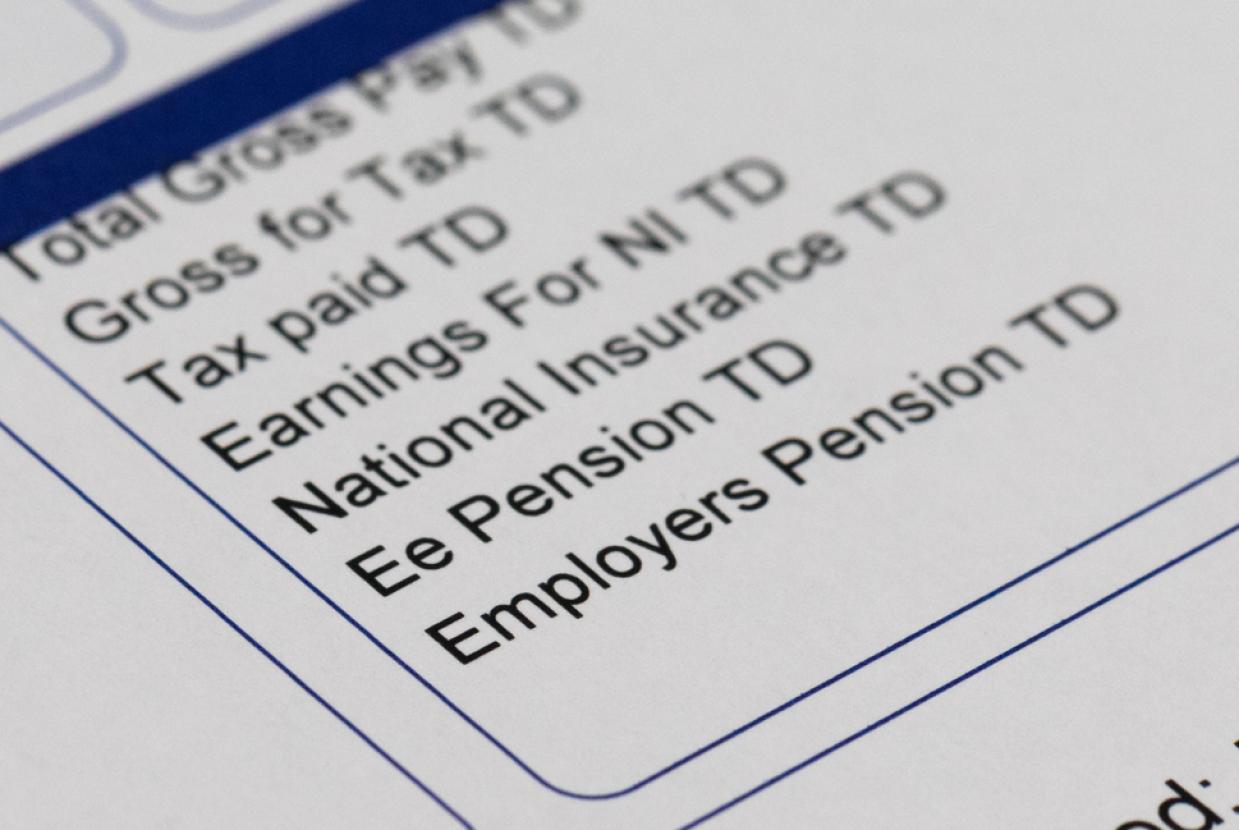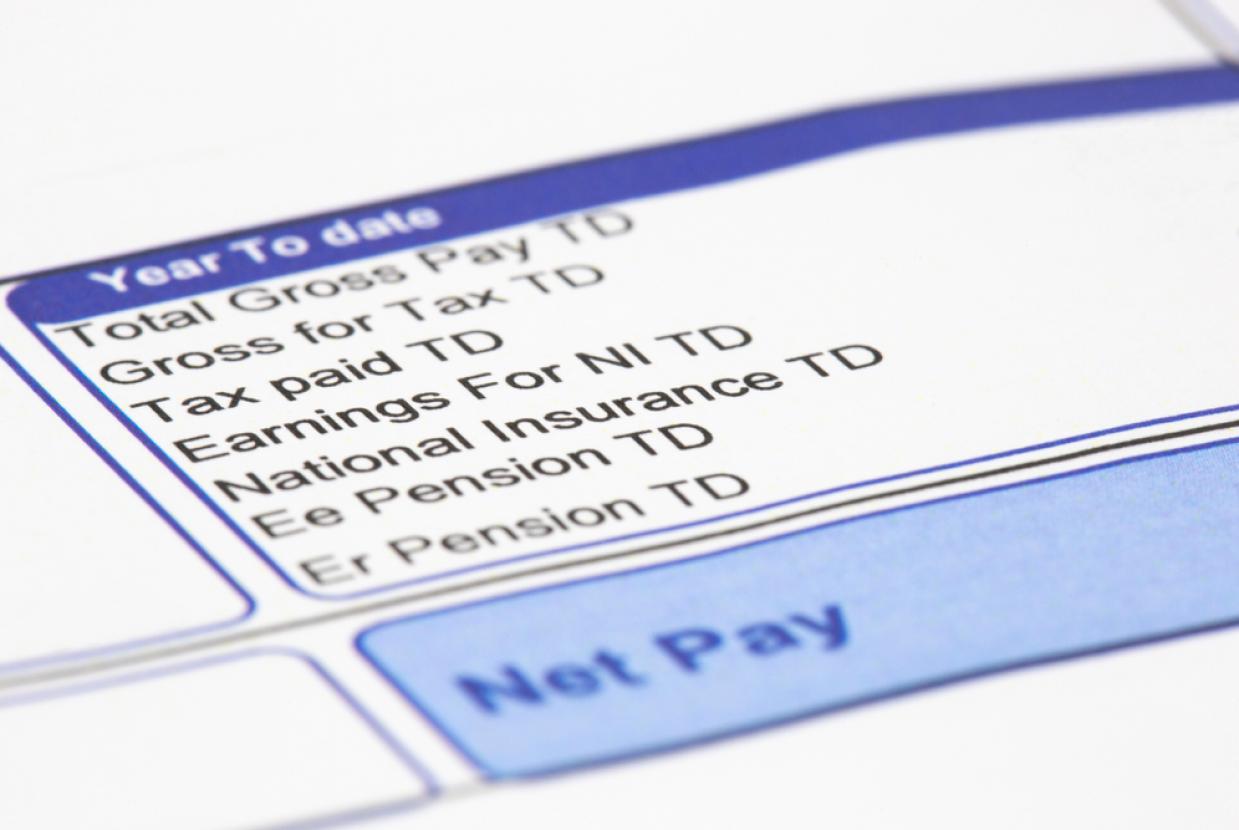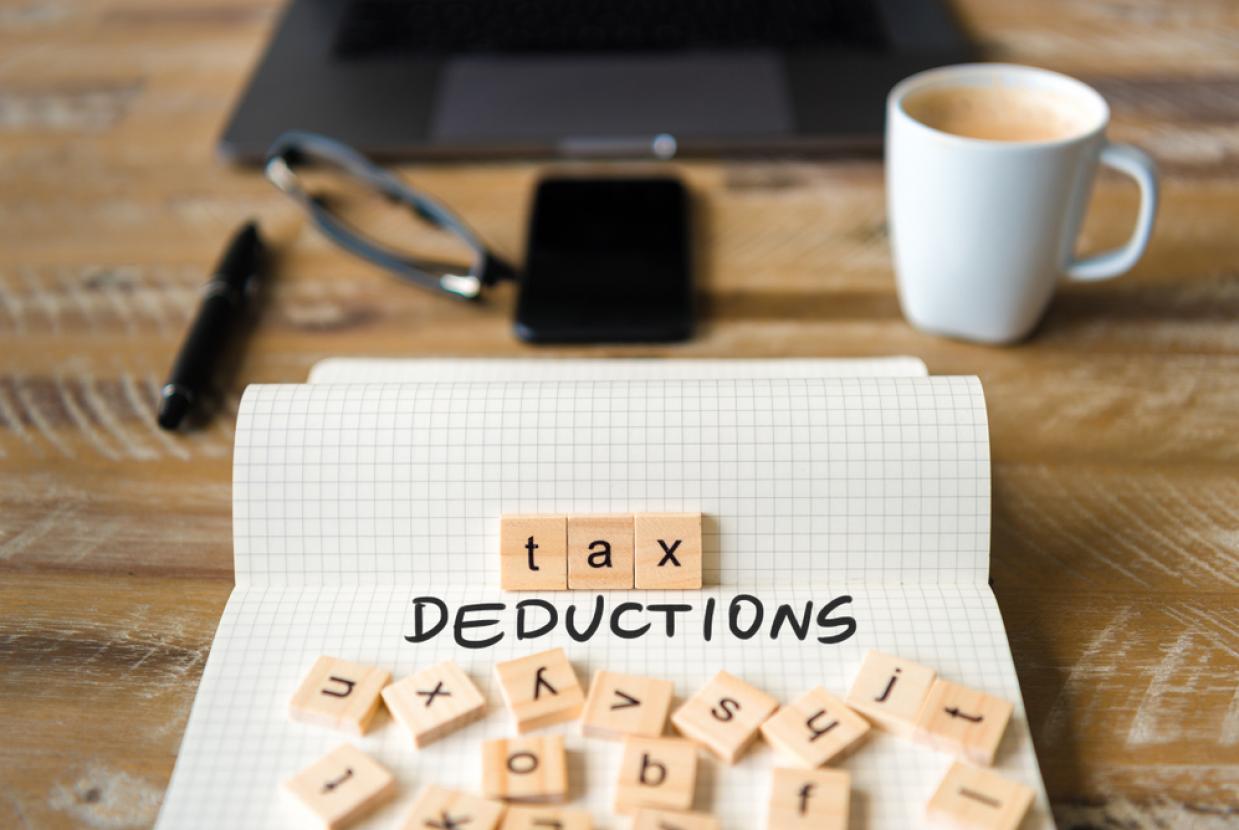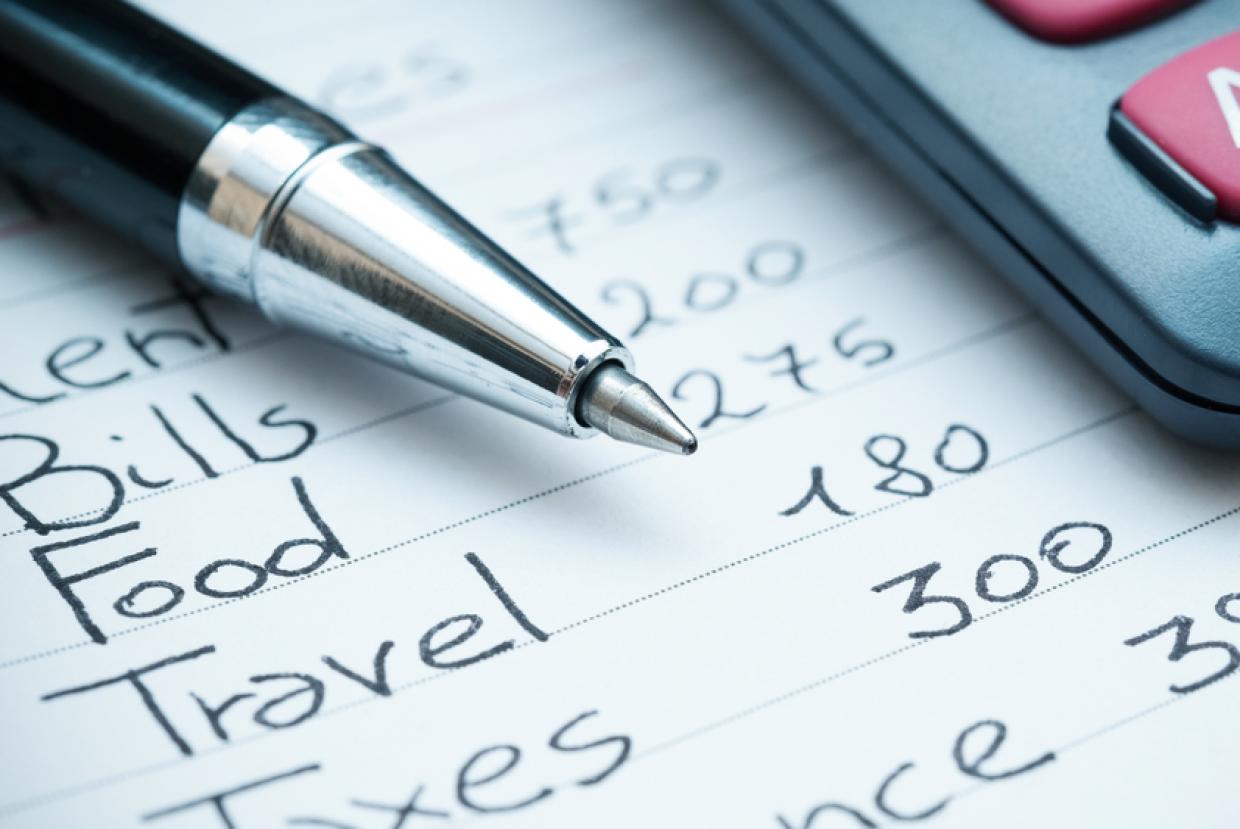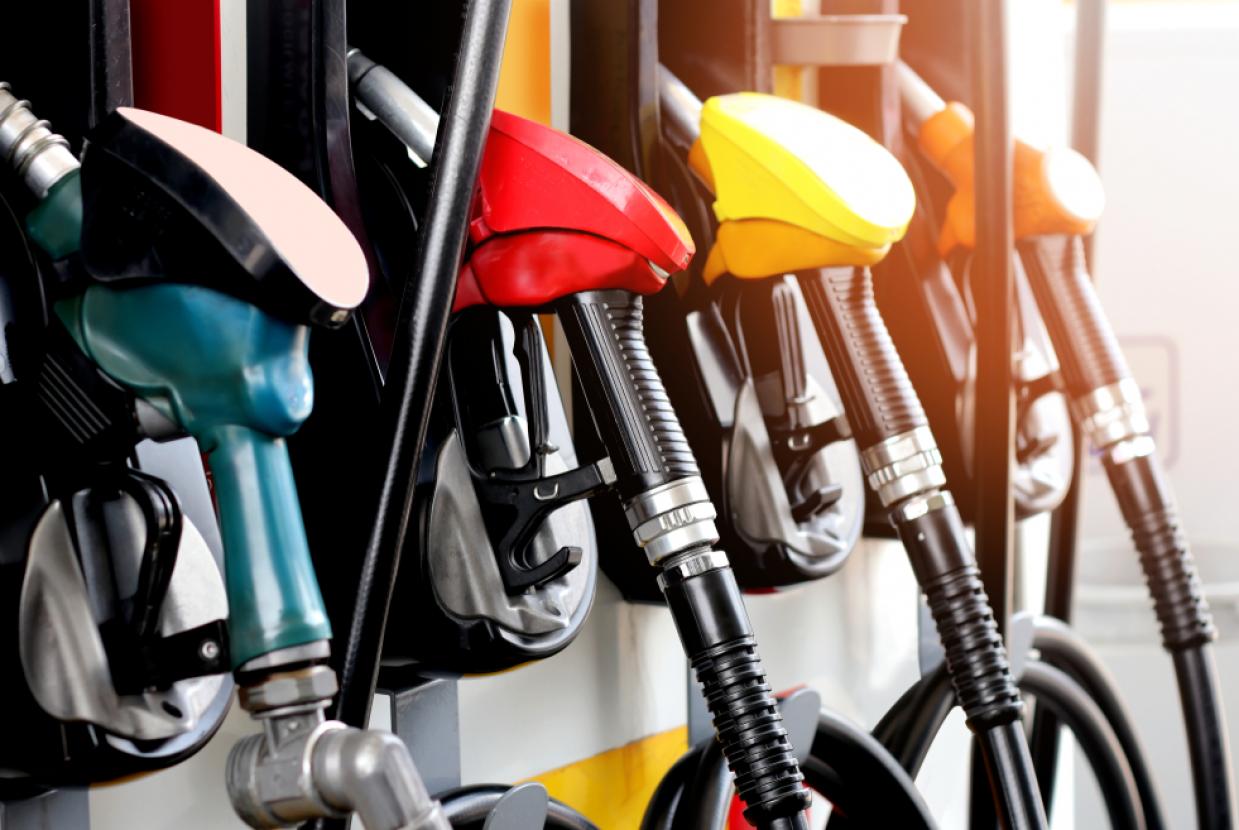Budgeting For A Car & Running Costs
Financial HealthBuying a car is one of the biggest purchases you’ll make. But the costs don’t stop with the car itself, you also have to budget for running costs and any unexpected bills.
Work out your budget for buying a car
Your budget will determine whether you can buy new or used, and how much you can afford in running costs.
It’s crucial that you’re realistic about your budget. Over-extending yourself can lead to problems later on – particularly if you have little or no savings and your income drops unexpectedly.
Buying a car
There are a number of different ways you can buy a car, from cash to finance agreements.
The best option for you will depend on:
- your personal circumstances
- how much you want to spend on the car
- if you’re buying new or second-hand.
Work out the running costs
When you’ve worked out how much you can afford to spend on buying your car, make sure you can also afford to run it.
UK motorists spend, on average, more than £2,500 a year on running costs. (Source: Office for National Statistics, 2020).
The above figures are only to give you an idea of the running costs of a car. A lot will depend on the type and age of the car. This example also doesn’t take depreciation into account.
Although a used car costs more to run, a new car will lose more of its value during the year – affecting the amount of money you’ll be able to get when you sell it.
Depreciation affects new cars more than older cars, so the older the car, the smaller the drop in its value. That means if you know you’re likely to sell the car soon, an older car will let you get back more of the money you bought it for when you sell it.
Getting the best deal on car insurance
Insurance is a legal requirement and is likely to be the biggest running expense. The cost of insurance depends on a wide range of factors, including your driving history and the kind of car you’re insuring.
Plan for the unexpected
It’s important to have a financial back-up plan for if something goes wrong. Even so, most people don’t actually have one.
If you buy your car through a loan or car finance plan, there are many ‘what if?’ situations which could make it difficult for you to keep up the payments.
This can be anything from a major event such as job loss, divorce, accident and illness, through to repairs to your home and household equipment breaking down.
Help shield yourself against their financial impact by making sure you:
- have Insurance policies covering your health, your house and contents, accidents and unemployment
- develop an emergency fund – savings to cover at least three months of expenses
- know if you need GAP insurance.
If you pay for your car in cash, you won’t have the worry of meeting monthly car payments.
But you if this little or no savings as a result it would make it difficult if you have an unexpected bill. However, you own your car so you’re free to sell it to raise money if necessary.
How to find the right car
Unless you already have a car in mind, you should start by looking:
- in car magazines
- at cars on the road
- on motoring websites
- at your local car dealers.
You could also ask friends, family and work colleagues for recommendations.
Comparing cars
To help you decide which car would be right for you, the following websites publish regular reviews of:
- new and used cars – Honest John, Parkers
- new and used cars, plus results of group tests – What Car?
- new cars by size or manufacturer – Carbuyer
Where to buy a car
Buying a used car privately can be risky because if there are problems afterwards you have less legal comeback than with a dealer. So it’s a case of ‘buyer beware!’
Auctions are one of the riskiest ways to buy a used car. But they can be a good place to find bargains, as long as you stick within your budget and take a few basic precautions.
Dealers are many people’s first choice when buying a new car, even though they don’t normally offer the kind of bargains possible through a car broker.
Car brokers claim they can offer savings of up to £5,000 off a car’s list price. This is because of the discounts manufacturers give them for selling a target volume of cars and because there’s no salesman’s commission involved. Most are online, though some have premises as well. Brokers tend to offer cars they’ve pre-registered after delivery by the manufacturer, or to source new cars from dealers.
To understand all these options and more go to Which?
If you’re buying a car second hand its even more critical to give it a through test drive and check the condition of the car. For a checklist of all the things you should look out for go to Which?




















